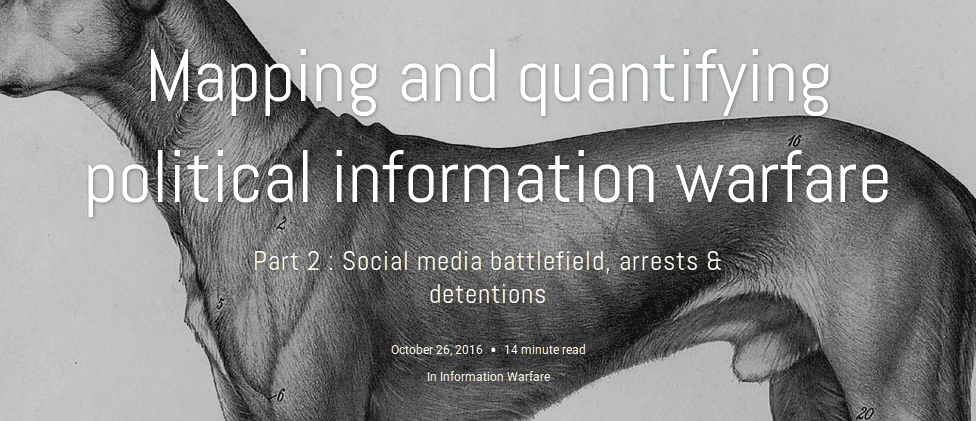Once upon a time, the internet was supposed to be a free, democratic utopia. Instead, it’s become a glorified panopticon run by Silicon Valley landlords where everyone’s shouting, no one’s listening, and half the “people” aren’t even real.
Twitter: Where trolls go to war
Serbian elections on Twitter looked less like democratic discourse and more like a pub brawl between colour-coded tribes. Add a few trolls, some anonymous hitmen-for-hashtags, and voila, you’ve got state-sanctioned smear campaigns wearing sock puppet accounts.
Some accounts attack rivals. Others serve as narrative bridges, spreading the gospel of whoever’s paying. None of them are there for the memes.
Why let humans have all the fun?
Fake accounts tweeted fake support for obscure parties, got mass-retweeted by randoms from nowhere, and then vanished. Political botnets are the new campaign volunteers, cheaper, tireless, and slightly less conscious.
Filter bubble, and make it Balkan
Facebook in Serbia is like a series of locked fish tanks. Everyone’s swimming in circles, seeing only what the algorithm thinks they should. The ruling party rules the airwaves, but opposition pages have rabid Facebook followings, though oddly, not corresponding votes. Funny that.
Biggest fish in the tank? Obsessive commenters with hundreds of interactions, probably on someone’s payroll.
Speak your mind, get a visit from the police
After the 2014 floods, people who dared to point out the government’s failures online got dragged to the station. No charges stuck, but that wasn’t the point. It was a message: Criticise us, and we’ll make your life unpleasant, legally, of course.
Bloggers, journalists, satirical politicians, they all got the “friendly warning” treatment. The threat didn’t need to be real. Just loud enough to make everyone else shut up.
The Chilling effect in Beta
DDoS attacks, comment brigades, and government trolling don’t need to destroy your content. They just need to wear you down. Run out your bandwidth. Burn your energy. Make you wonder if that blog post is really worth a police visit.
Meanwhile, algorithms push the loudest voices (read: bots) to the top, and the rest of us sit quietly, deleting our drafts and double-checking our privacy settings.
Conclusion?
Propaganda hasn’t disappeared, it’s just had a UX upgrade. It’s cheaper, faster, and easier to automate. And now, instead of censors with red pens, we’ve got trolls with VPNs and moderators with delete buttons.
Welcome to the brave new feed. Mind the hashtags.
